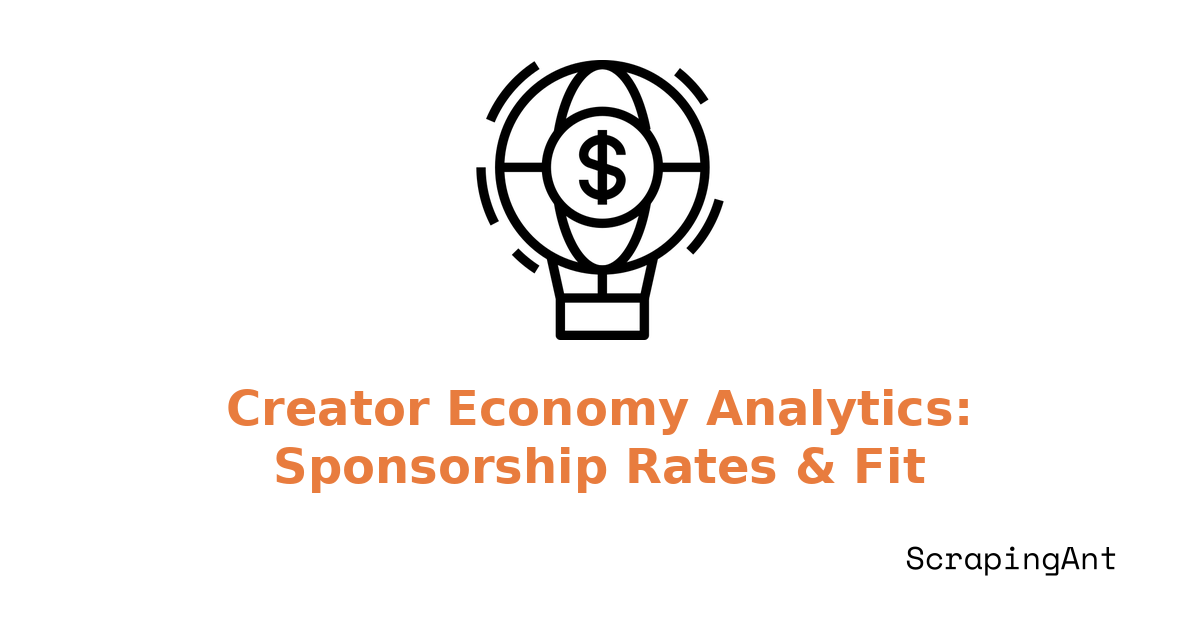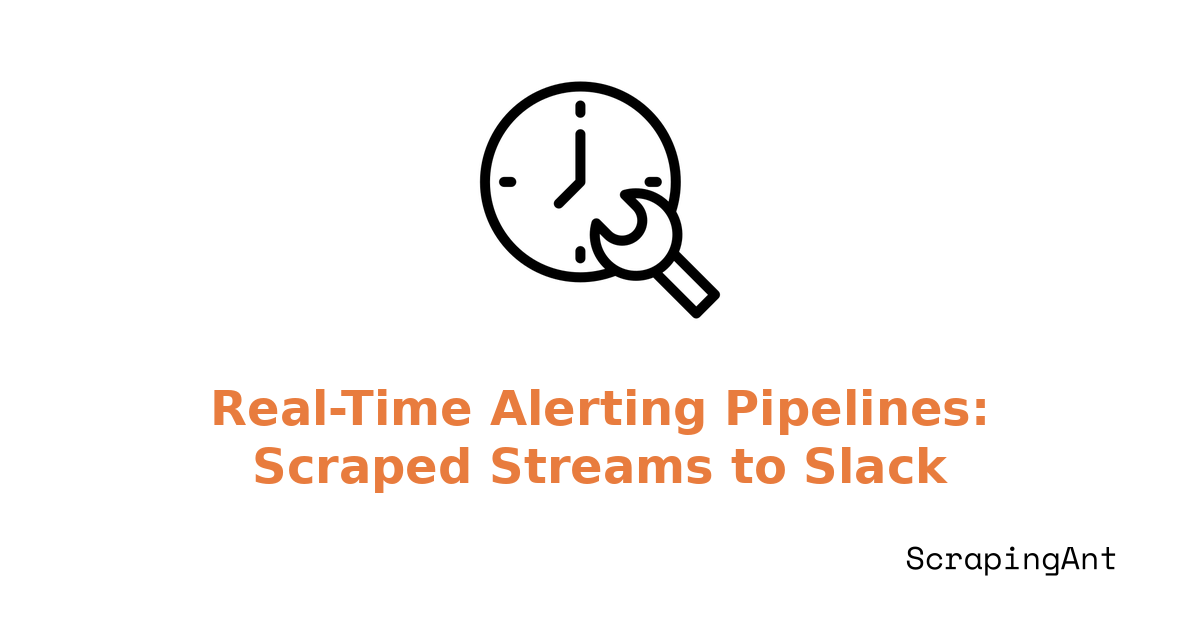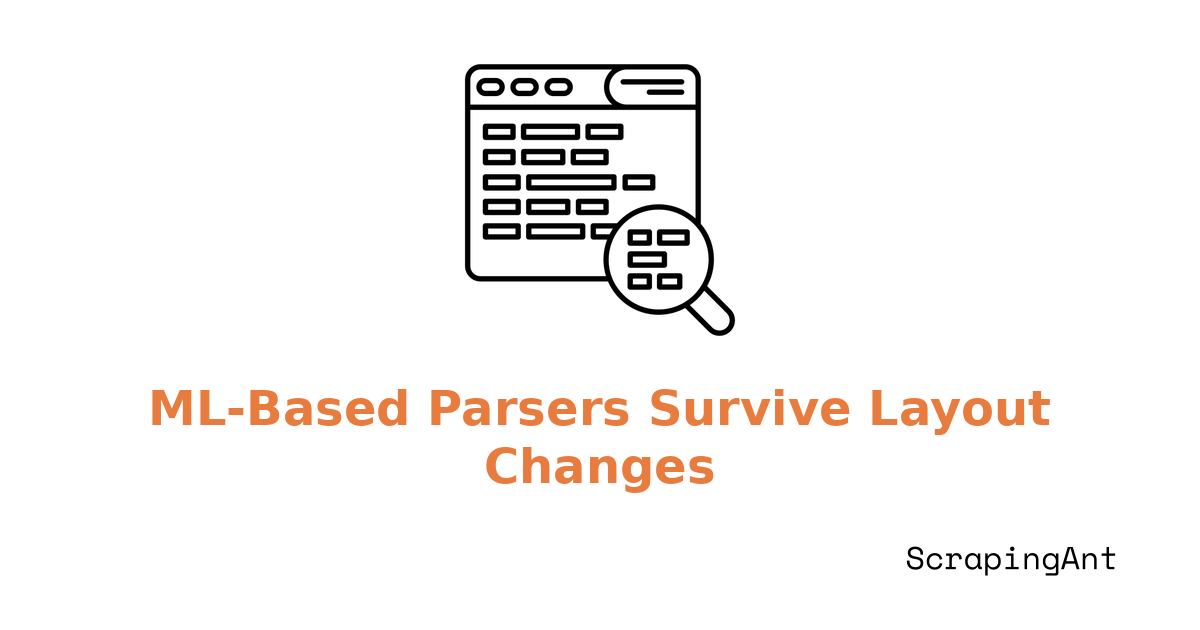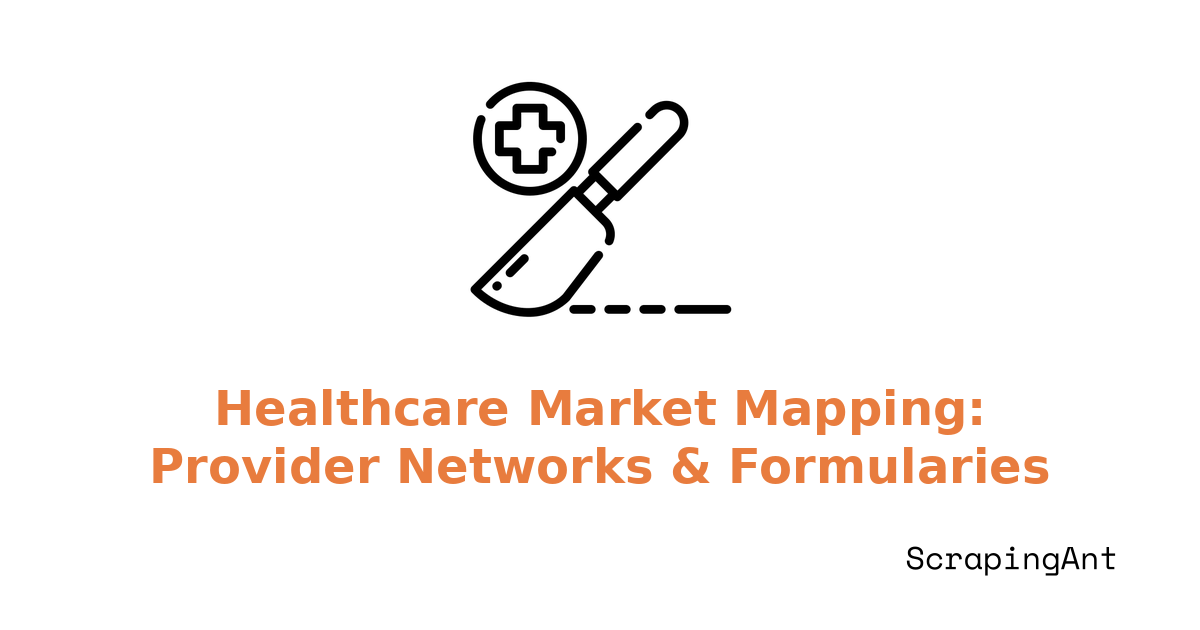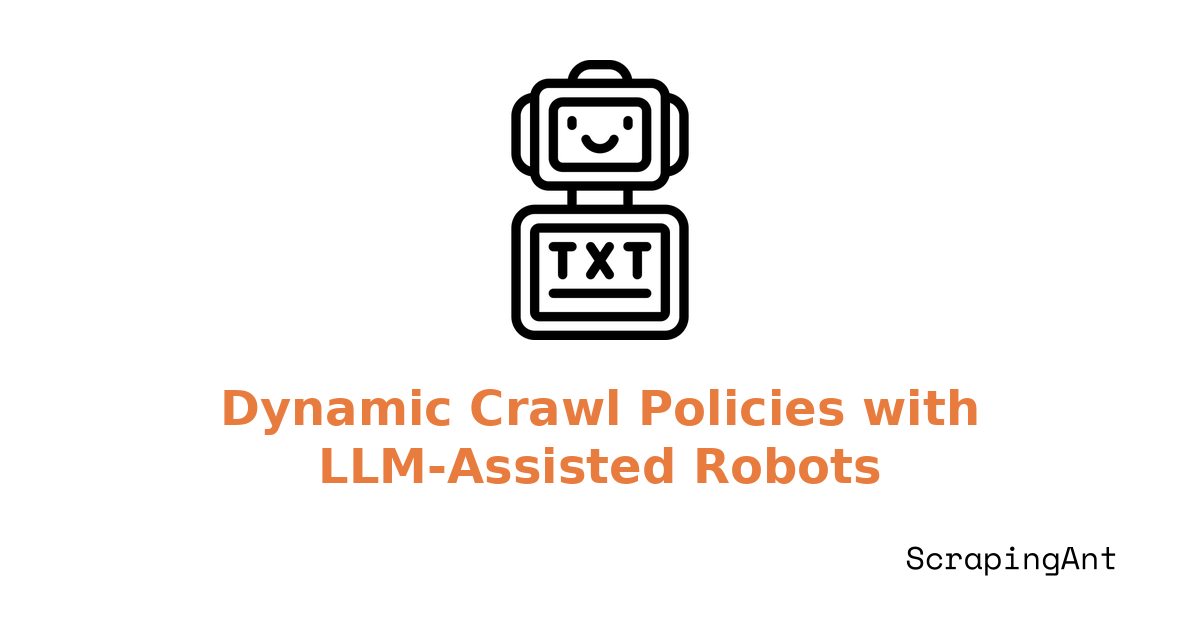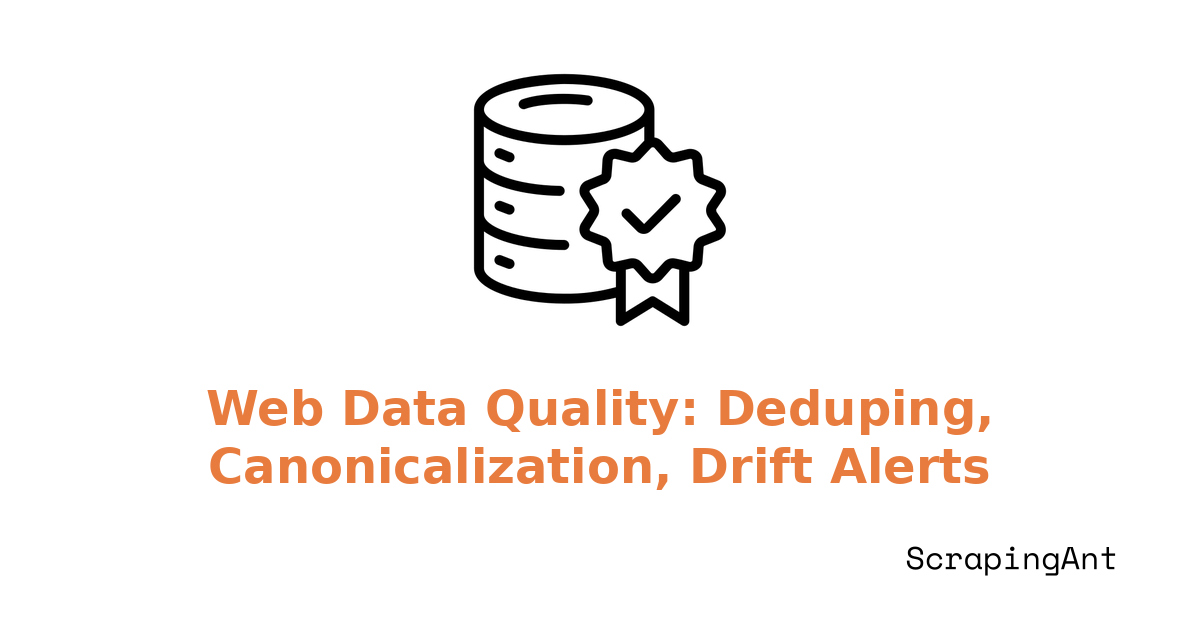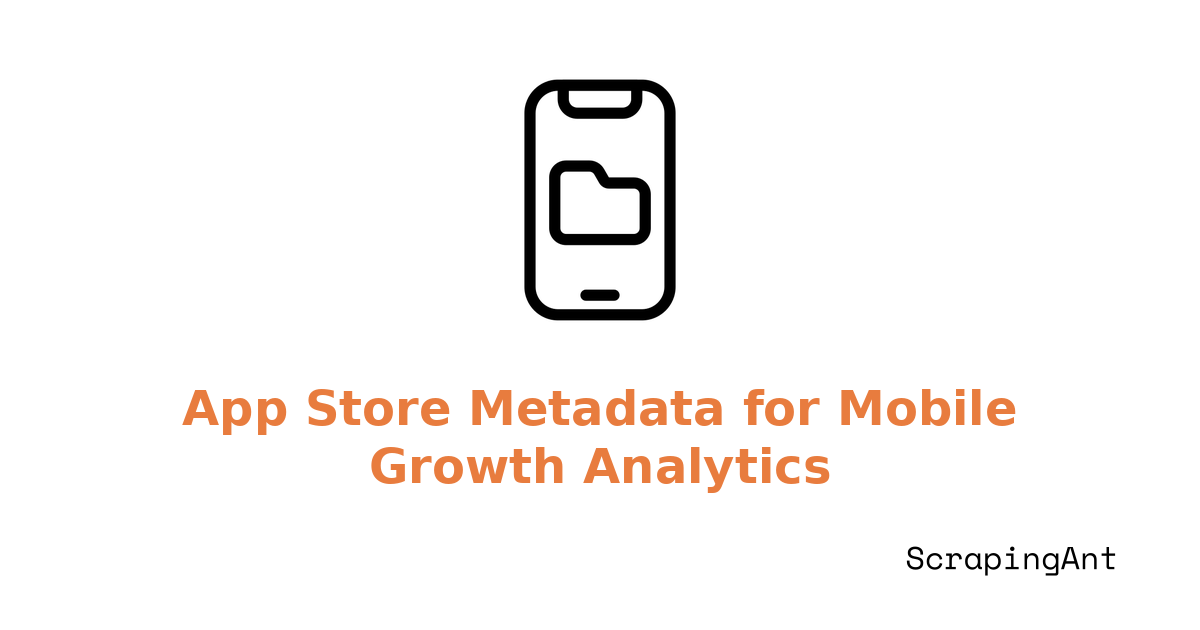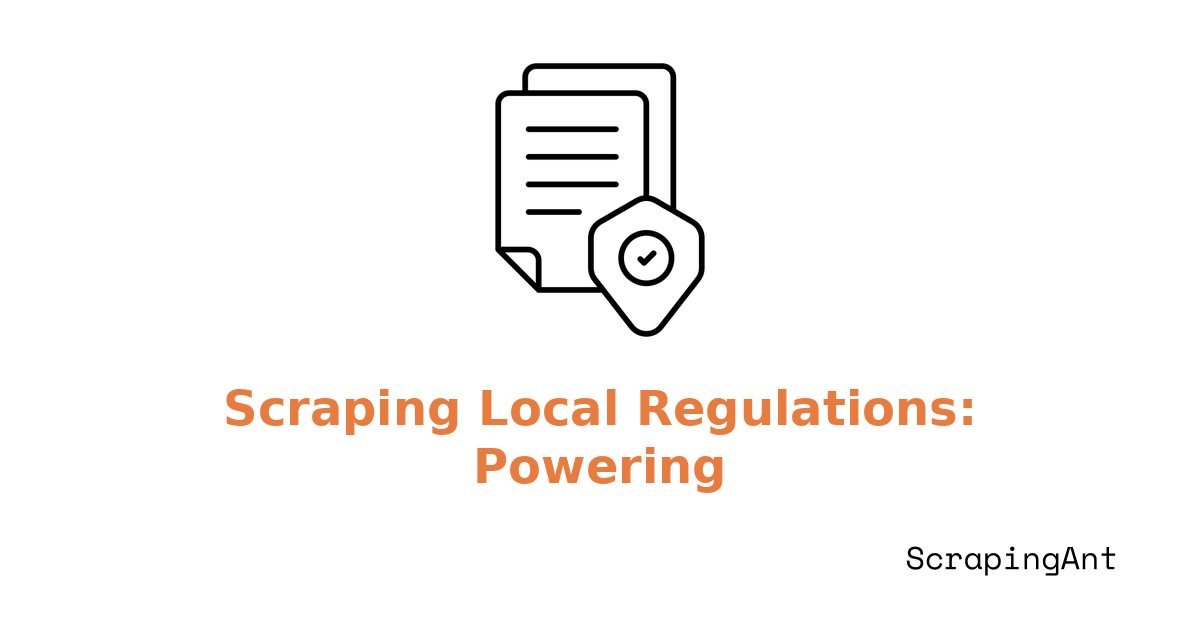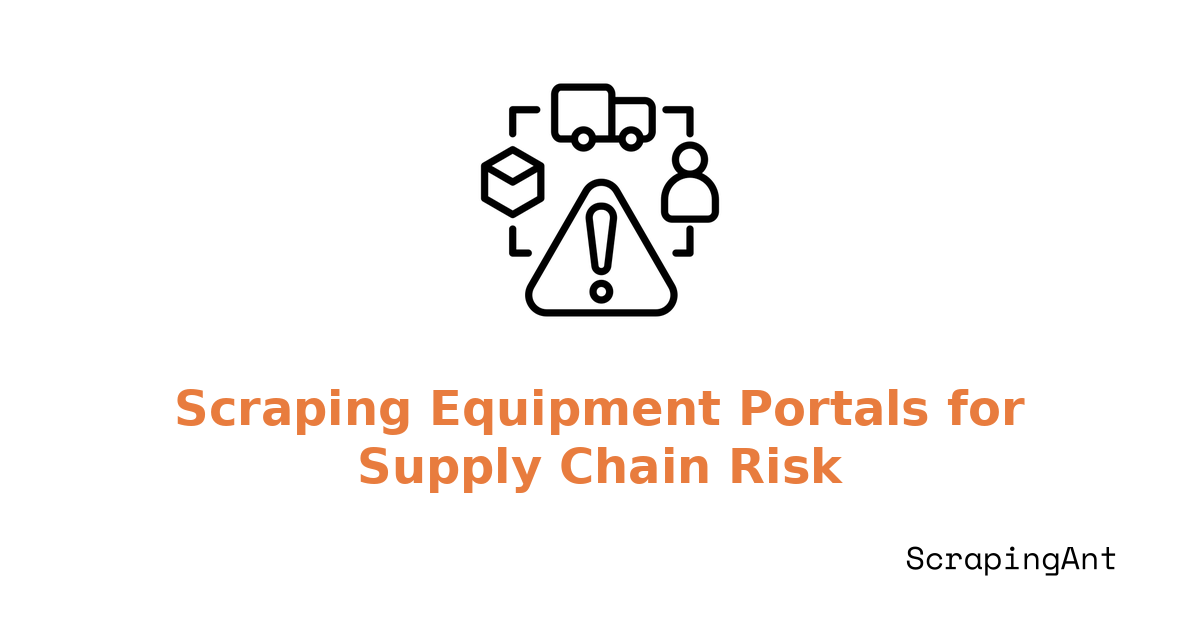
Industrial organizations increasingly depend on complex, globally distributed supply chains for critical equipment, spare parts, and industrial services. This dependence has made supply chain risk – from geopolitical disruptions to vendor insolvency – a core strategic concern for manufacturers, energy companies, utilities, and critical infrastructure operators.
